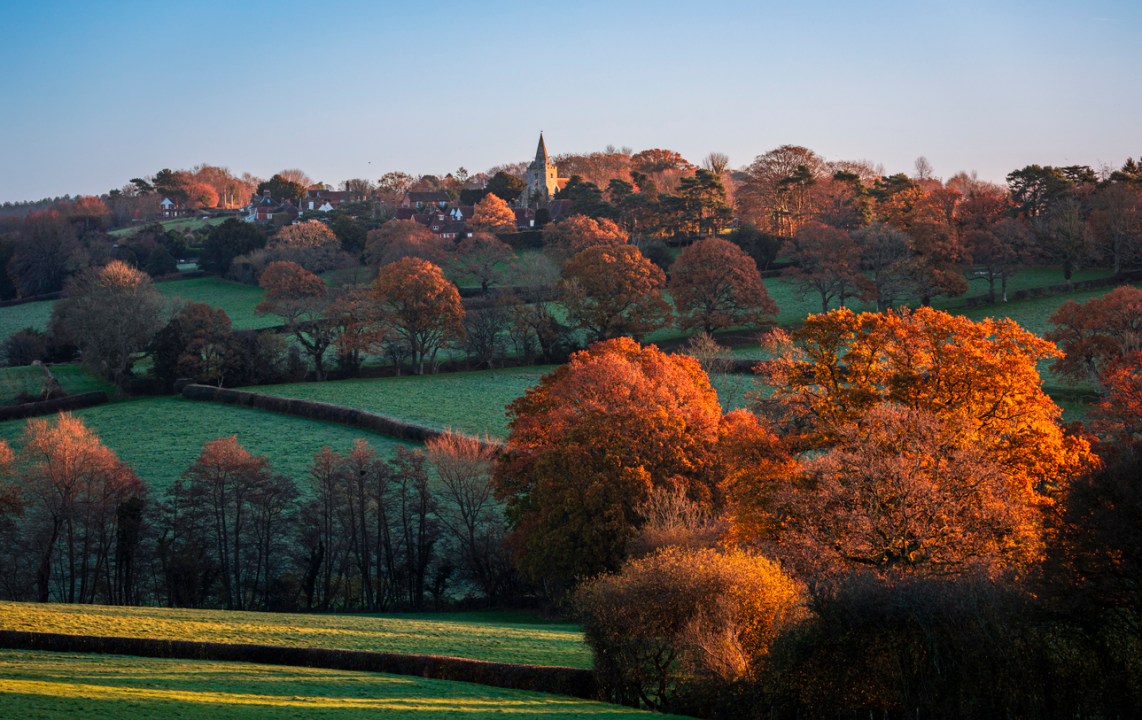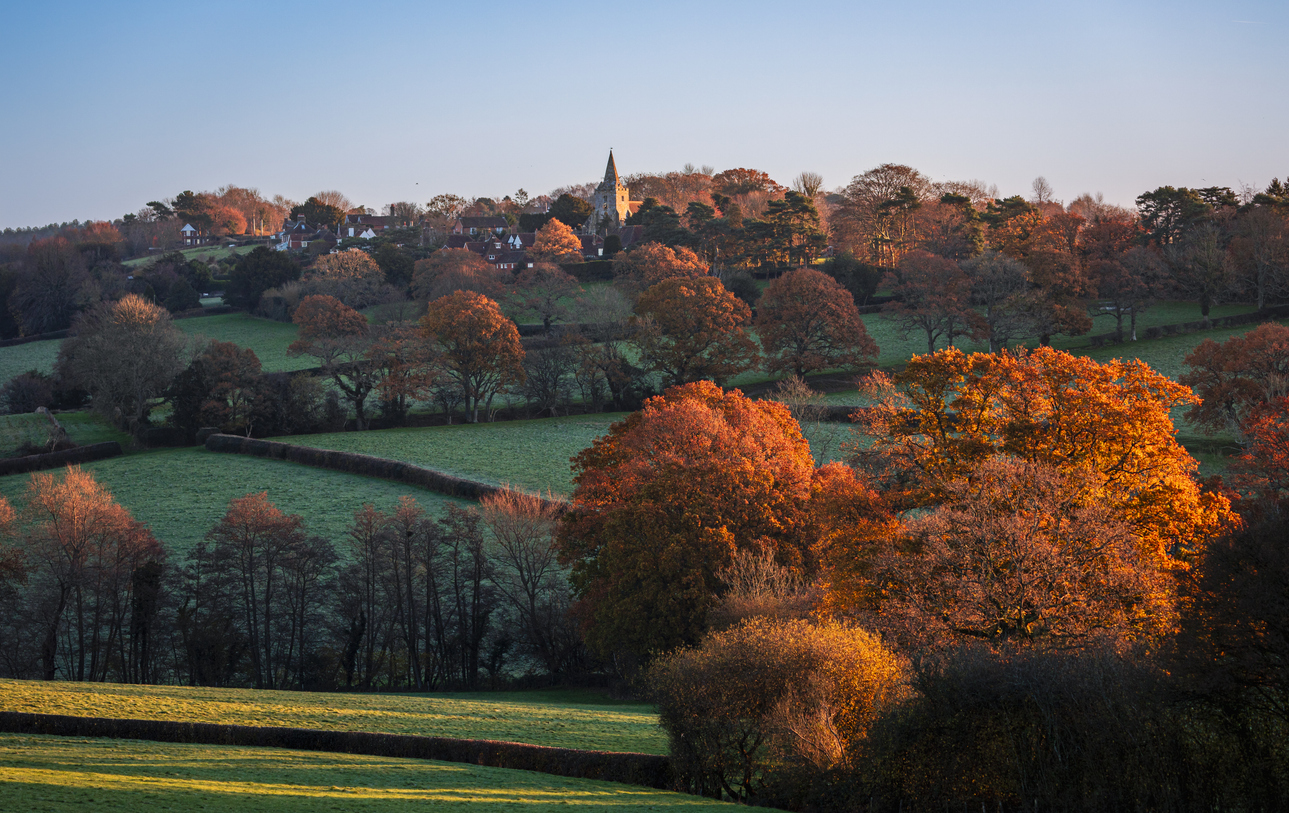Grey rain slants down over the brown heather of the Lochaber hills, falling relentlessly into Loch Linnhe, and drenching the Caledonian Sleeper idling beneath my window on the platform at Fort William. November is technically still autumn, but already the long evenings of British Summer Time seem to belong to a different world.
Pleasant as it is to wrap up in a coat, to feel invigorated by stepping out into a chill, or delighted by returning to the warmth within, the dying year is no cause for celebration. Christmas, the adopted pagan festival, is like Halloween – not put there because the days are joyous, but so we can thumb our nose at the downcast season.
Defiance is the right attitude. Seasonal affective disorder, that modern habit of turning melancholy into psychiatric illness, is best resisted; and better resisted for being acknowledged. Nobody’s heart leaps up at the death of flowers from our gardens, at the lack of light in our skies, at the way the dying year reminds us of losses lived through and losses yet to come. Other thoughts come instead.
I work all day, and get half-drunk at night.
Waking at four to soundless dark, I stare.
In time the curtain-edges will grow light.
Till then I see what’s really always there:
Unresting death, a whole day nearer now.
There are few weddings in November, and more girls are named for April and May and June. Grey days have their refreshments and their spurs to life, but greyness is there to be overcome, and if someone relishes grey weather then we don’t admire their taste but their spirit.
I have ordered a goose for Christmas and I know that spring will eventually come. Acknowledging that the season is against us does not condemn us to misery; it helps us snatch what joy we can. Only in the demented babble of mass media lives the idea we should be happy and contented all the time; previous generations routinely talked and wrote and sang about the trials and the suffering of life.
We spend so much time discussing the weather with each other because what matters in life is rarely what is exciting or what the news says is important, but rather the daily fluctuations of what’s mundane. The nights draw in and the drizzle falls, and this matters more to us, really, than the latest scandal or incompetence of a minister, or the horrors in Sudan. To take no notice of the wider world is to miss out, but to live our lives always convulsed by what is happening elsewhere is not to live at all.
Seasonal affective disorder, that modern habit of turning melancholy into psychiatric illness, is best resisted
‘Happy men are full of the present, for its bounty suffices them; and wise men also, for its duties engage them,’ wrote Carlyle. ‘Our grand business undoubtedly is, not to see what lies dimly at a distance, but to do what lies clearly at hand.’ Carlyle echoed the counsel of Christ, though Christ’s teaching was so difficult as to be impossible. ‘Take therefore no thought for the morrow: for the morrow shall take thought for the things of itself,’ Matthew reported him saying. Hard, though, not to think of what has been and what is yet to come. Elsewhere, thankfully, Christ was forgiving of the human frailty without which we would not be human at all.
The poets of winter – Wordsworth, Coleridge, John Clare, Shakespeare, Axl Rose – make its pleasures sharper and its dreariness more bearable. Which is what we do for each other when we comment on the weather, or make our annual observations about the nights drawing in. Originality is not important; what matters is endurance, and the cheerfulness that it allows to break through. To every thing there is a season, and in November we can be forgiven for not feeling as easily optimistic as we do in May.
Seasonal affective disorder takes a real human experience and recasts it as a fake disease, making us less ourselves. The bell of the passing season tolls for us all, but acknowledging that November is hard and that darkness weighs us down is not surrender. The Caledonian Sleeper will pull out of Fort William tonight, carrying people south through the dark. In the meantime, there are geese ordered, restaurants waiting, and pumpkins carved by daughters. Small fortifications against the grey – all we ever have, and all we need. Nothing lasts for ever – even cold November rain – and spring, in Fort William and in Slough, will come again.








Comments